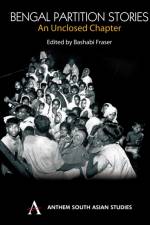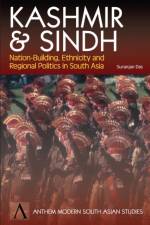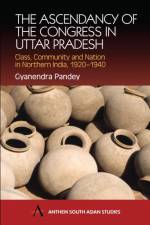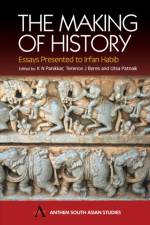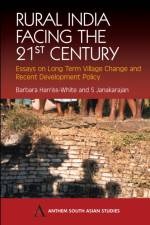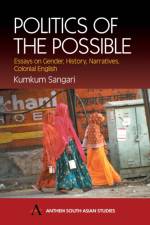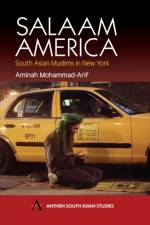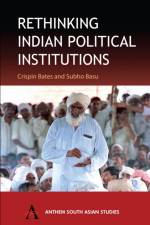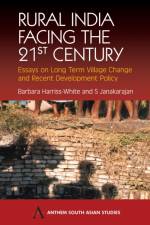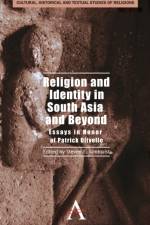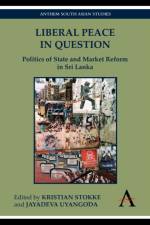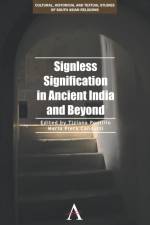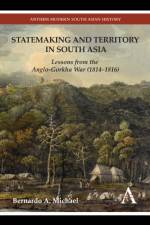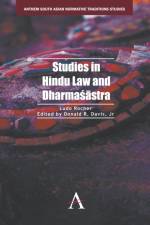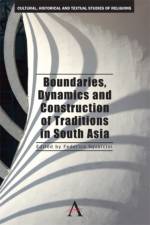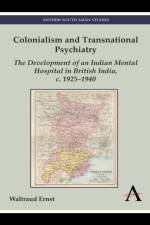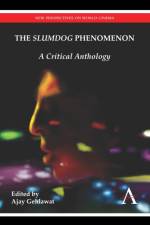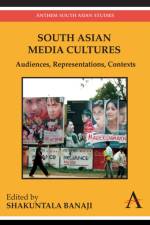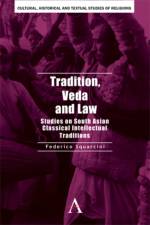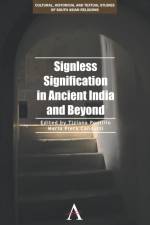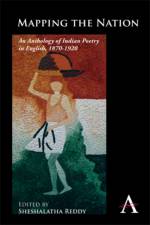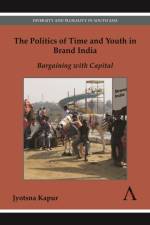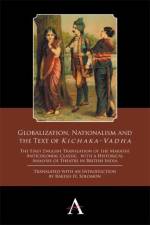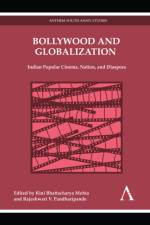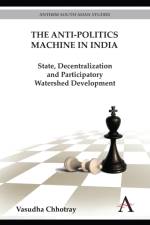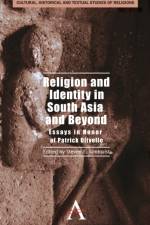- Indian Popular Cinema, Nation, and Diaspora
439
Commercial cinema has always been one of the biggest indigenous industries in India, and remains so in the post-globalization era, when Indian economy has entered a new phase of global participation, liberalization and expansion. Issues of community, gender, society, social and economic justice, bourgeois-liberal individualism, secular nationhood and ethnic identity are nowhere more explored in the Indian cultural mainstream than in commercial cinema. As Indian economy and policy have gone through a sea-change after the end of the Cold War and the commencement of the Global Capital, the largest cultural industry has followed suit. For example, the global Indian community (known in Indian official terms as the Non-Resident Indian or the NRI) has become an integral part of the cultural representation of India.The politics and ideology of Indian commercial cinema have become extremely complex, offering a fascinating case-study to scholars of Global Culture. Of particular interest is the re-positioning of individual identity vis-à-vis nation, religion, class, and gender. On one hand, the definition of ''nationhood'' and/or community has become much more fluid, keeping in tune with the sweeping universal claims of globalization; the films have consequently revised the scope of their narratives to match India''s emerging global business ambitions. On the other hand, the political realities of India''s long-standig enmity with Pakistan and the international rise of ''Hindutva'' has also contributed to a new strain of jingoism in Indian cinema. ''Bollywood and Globalization'' is a significant scholarly contribution to the current debate on Indian cinema, nationhood and Global Culture. The articles represent a variety of theoretical and pedagogical approaches, and the collection will be appreciated by students and scholars alike.

